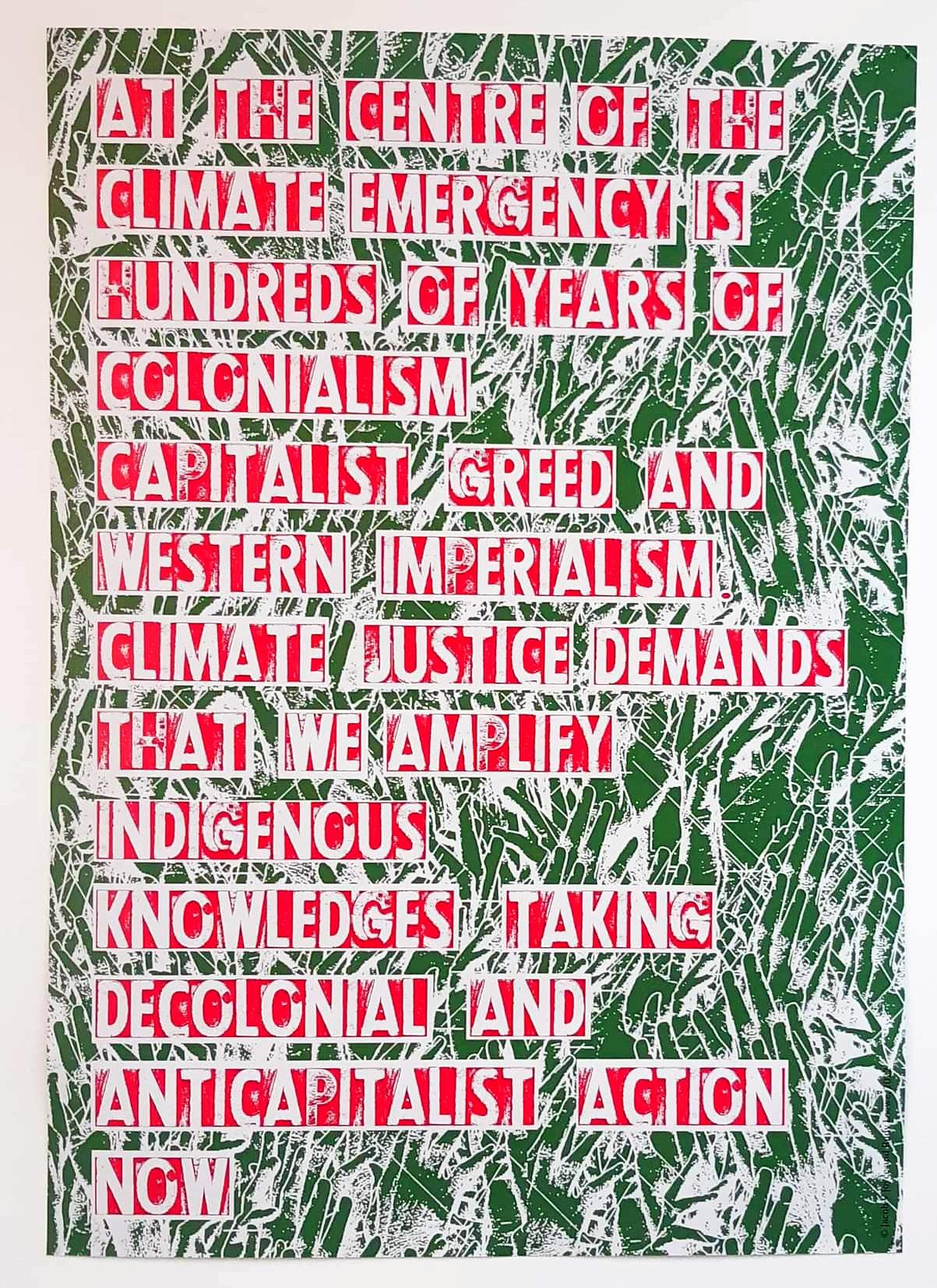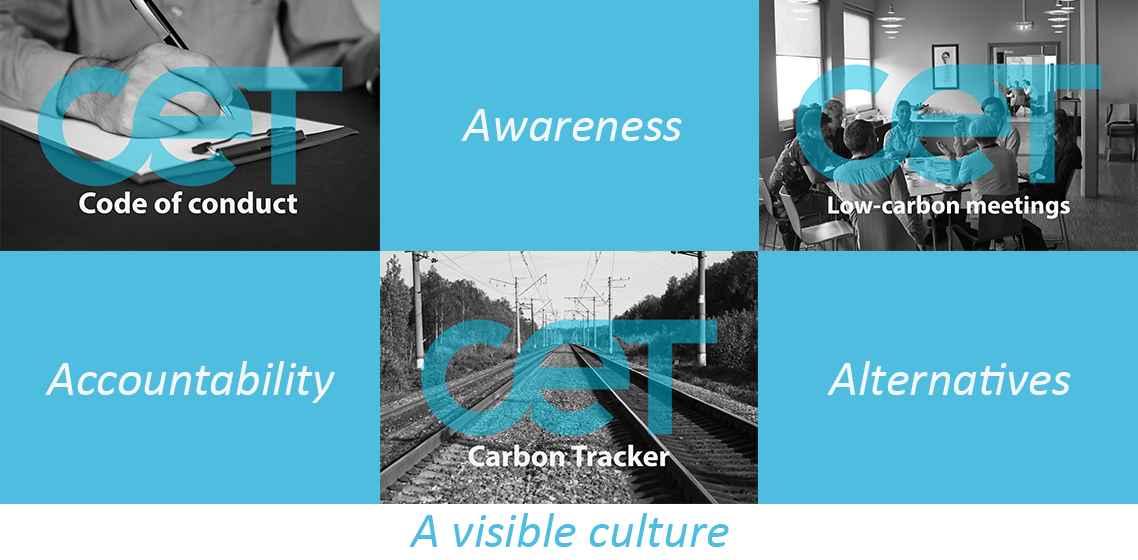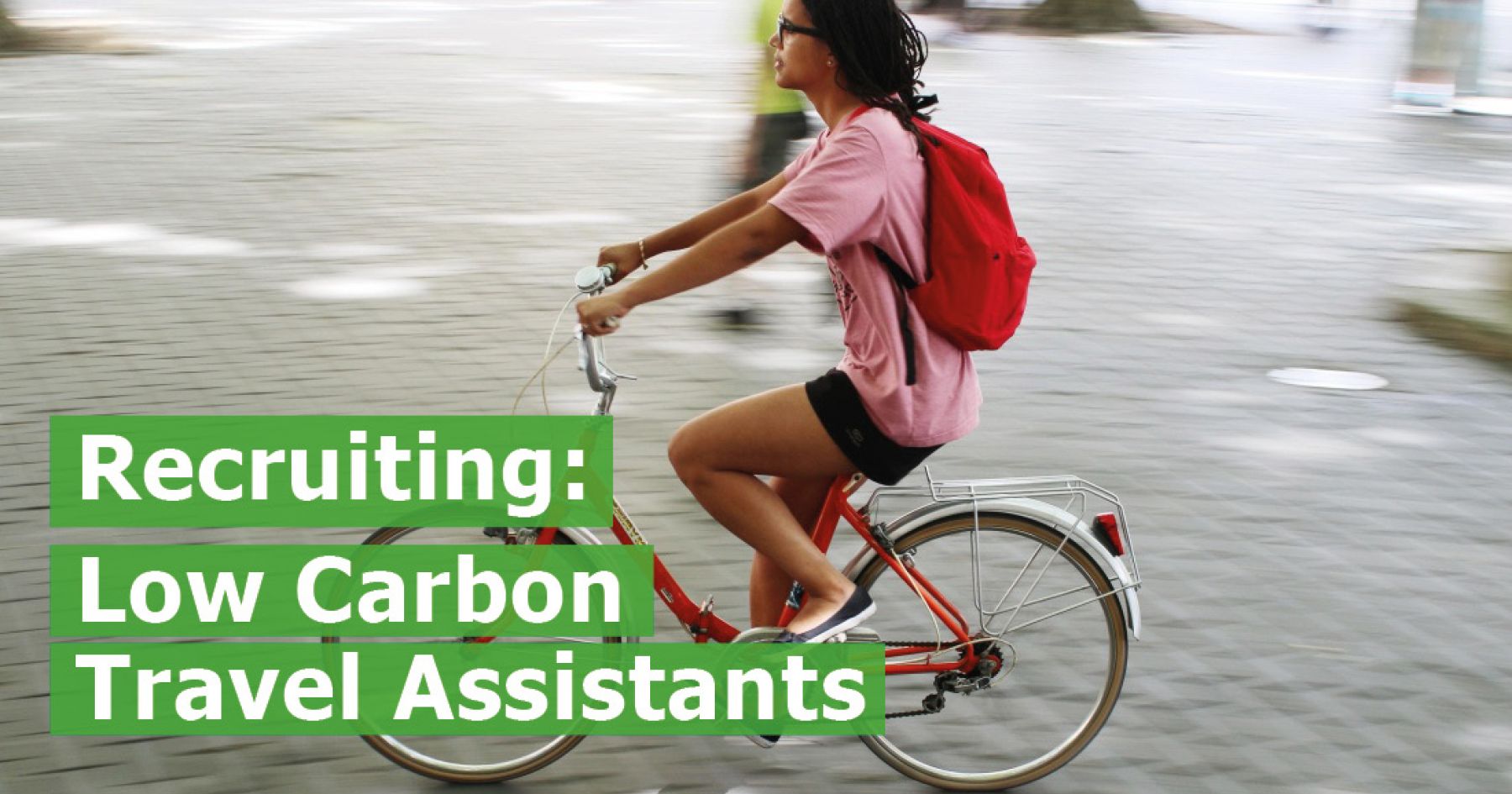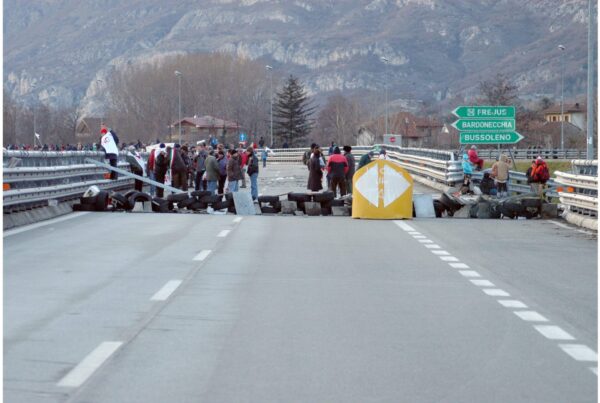By Subina Shrestha
As citizens of the Global South, now immigrants in the Global North, which narrative of climate action should we uphold: the one that we know is unfair back home, or the one that puts the responsibility of action on us because of where we reside now? Are our Western contemporaries aware of these dilemmas that we face? A Nepali scholar now residing in Norway reflects on these questions.
Growing up in a middle-income household in Nepal, I was part of a population that was allured to all things western. I distinctly recall how the elementary school curriculum entrenched the notion that Nepal could reach the stature of Switzerland someday – that’s how enticing the western notion was. That we could try to be like them was perpetuated as the goal. And thus, I was introduced to the distinct dichotomy of the spheres of we and they.
I pursued my higher studies in climate change and sustainable development, where I first came across the principle of “Common but Differentiated Responsibilities” (CBDR) that underscored climate change negotiations over a decade ago. This further deepened the we and they dichotomy for me: that those states which have the highest responsibility in the current levels of greenhouse gas emissions should bear the bigger share in curbing emissions is of course sensible! I have always understood that they equated with the Global North (whose historical emissions are the root of the climate problem) while we meant the Global South (who have historically faced the greater impacts of climate change). And of course, in this phenomenon, I was a part of the we. I had learned that we must adapt (because there is no other choice), and they must curb emissions (because they are responsible for the problem). I have had abundant discussions with teachers and friends alike, about how they are responsible for the climate crisis, and how it is unfair that we have to bear the repercussions of it. These discussions resonate with the current global negotiations as well as social movements which are premised upon climate (in)justice.
About a year ago, I moved to Europe for my PhD and was beyond elated! Omar El Akkad has said on flight patterns: “Westerners don’t tend to think this way, but in the part of the world I’m from, we talk about passports in terms of their power…”, and I couldn’t agree more. My green passport is limiting in every manner and form, at the bottom of the passport tier, and requires me to get a visa to most countries. My global citizenry aspirations are curtailed by the power that my passport lacks. And this new job offered me the opportunity to live the western dream, in terms of work, travel and to some degree, privilege!
A month into my PhD, I began to realize that I was struggling to fit in because the discussions centered around how ‘we’ need to do more, cut down emissions radically because ‘they’ suffer the impacts. This reversal of ‘we’ and ‘they’ in my workplace left me stunned, to say the least, and I began questioning: in my current situation, which ‘we’ do I belong in?

Art by Jacob V Joyce and Rudy Loewe, at the Back to Earth exhibition at Serpentine North Gallery, London. Photo by author.
Many of my colleagues argue for degrowth in order to reduce emissions and live within planetary boundaries, which a growing body of scholarly literature also points to. Degrowth, after all, is not universal and is applied to “specifically high-income countries that need to degrow”. I understand the science behind degrowth but struggle with it, especially when it is voiced that ‘we’ must degrow. This becomes apparent, for example, when we discuss low carbon travel in my workplace. As colleagues of mine suggest that we ought to fly as little as we can, for both work and leisure, and then some colleagues go on to say how they have adopted a low-flight lifestyle, I can’t add anything but a few nods because of course, what they say is true. It is both refreshing and inspiring to work with people who walk the talk about individual climate action. But soon after, the question “how is this fair?” sinks in.
There is no denying that flying jeopardizes the climate, and the less we fly the better. But there is little acknowledgement that flying is linked with stark global carbon inequalities. What my colleagues pay no heed to is that I have not had the same experiences as they have. Studies show that air travel is in fact an economic privilege. While the top 10% of the income quartile consume 75% of all the energy from air-travel, the majority of the global population “are almost or entirely excluded from aviation”.
Most of my colleagues have travelled around the world, not just Europe. Their passports are inherently more powerful than mine – they don’t need a visa to visit Europe, nor for many other parts of the world. When they speak about the trips they took a lifetime ago to another country, or continent for that matter, for work or otherwise, I have no similar experiences to draw on. Back home, flying is the exception whereas here it’s the norm. I have had more opportunities to fly in the past year while working in Norway than throughout my entire life spent in Asia.
What is the basic standard for most of my colleagues is, in fact, a luxury for me. I’m not sure they’re aware of this. My version of we is fundamentally different from theirs. My colleagues and I view the world through our respective colored lenses. At least some part of their higher education has been in the Global North (Europe, the US, Canada or Australia) whereas mine has been grounded in Nepal and Thailand.
When I think rationally, I know, understand, and even agree that my individual choices, regardless of which part of the globe I live in, are mine. I can be a part of the climate crisis (should I choose to hop around Europe in cheap budget airlines for work and/or leisure) or be a part of the solution (plan the same travels by land). But it is difficult to be rational all the time, especially when my experiences, contexts and perspectives are so different, and even more so, when what I think of luxury (being in Europe) are just everyday things for others.
I focus here mostly on flying because my work encourages a low-carbon travel policy, including to avoid flying for work to the largest extent possible. While it is a sensible climate action for an institute, I do think there are nuances that need further unpacking.

Image of the University of Bergen’s Centre for Climate and Energy Transformation (CET) low-carbon travel policy. Source: https://www.uib.no/en/cet/120490/cet-low-carbon-travel-policy
Firstly, our travel budget does not allow for a low-carbon travel policy because it is fixed. The more we choose trains and stopovers in different cities, travelling for work, be it a conference, networking events or even courses, becomes more and more expensive. The choice of transport mode is therefore a matter of economic privilege, which most of us unfortunately do not possess.
Secondly, the low-carbon travel policy does not account for the carbon inequality linked with flying. How is it fair that I feel guilty for flying to conferences (which are important for networking as an early career researcher) while there are plenty of more established, senior researchers (including those working on sustainability and/ or climate change) who choose to fly between continents for a 2-day conference, even though they may not need to network any further? I am aware of my own privilege when I discuss my choice to attend such events in person. More often than not I am reminded about how many such in-person events are inaccessible to a lot of my peers, both financially and geographically. This contributes further to my own guilt, and also to the debate about how (un)sustainable current academic practices really are.
That everyone in the room shares similar beliefs because we work at the same center and are passionate about similar things is not a given. My personal conflicts of treading this ‘we’ and ‘they’ have resulted in numerous venting sessions. Because it is sometimes both frustrating and exhausting to not be able to find another person with similar lived experiences to connect with, in a foreign land.
A friend of mine who is now in the UK advised me that I must simply unlearn things to cope with this reversal. And I can’t help but ask if it is fair that they talk about radical lifestyle transformations, when we have always aspired to look upon their everyday? Or do I feel guilty for having to ask it at all, because I know the science behind it, and need to stop viewing the world through the colored lens of we as equating with the Global South? I have also come to the glaring realisation that these ‘uncomfortable’ talks need to happen more – because they open avenues to thinking in a different manner. And that is a critical first step to instigate action.
I recently flew to two conferences, one in which a session was on making meaningful connections between the Global North and South, and the other focused on energy and climate justice. It was a meeting point for over a hundred young researchers working around the world, trying to solve world problems, one research project at a time. Could such events create ‘safe spaces’ where we can have meaningful conversations about the reversal of we and they, and develop genuine connections between the Global North and Global South? Could such conversations lead to perhaps blurring the dichotomies? Would these broaden perspectives by forcing us to think outside of the box that we’ve been trained to think in?
Reflecting on both these events, I do think that they offered the space and the connections to confront the dichotomies of we and they. I had the chance to discuss with researchers, both early career and established ones, about my dilemma with air travel as an early career researcher. Three important points have come up. Firstly, we need to question who has to reduce air travel – is it up and coming researchers who really need networking opportunities, or established ones who comprise the privileged ones? Secondly, we need to acknowledge the carbon inequality associated with flying and incentivize travel by land. We live in a system that inherently disincentivizes low-carbon travel options, as air travel is heavily subsidized while train travel is not. So, if we, as an academic community preach the shift from air to land travel, it is the community’s responsibility to incentivize the low-carbon options, especially to those from the Global South, to attend such events. Finally, the geography and accessibility to these events matter: they can be organized in places that have good connections by land and in hybrid formats (as were events during the COVID pandemic). This feeds into a larger debate of how (un)sustainable and (un)just current academic practices are- especially in terms of accessibility and inclusion of those from the Global South.
Subina Shrestha is a PhD research fellow at the Centre for Climate and Energy Transformation at the University of Bergen. She is a part of the CityFreight project, and her current research looks at the governance challenges of urban logistics.
Top (profile) image: Job advertisement from the Edinburgh College Students’ Association’s Go Green Low Carbon Travel project. Source: Jobs: Low Carbon Travel Assistant for Milton Road | ECSA







One Comment